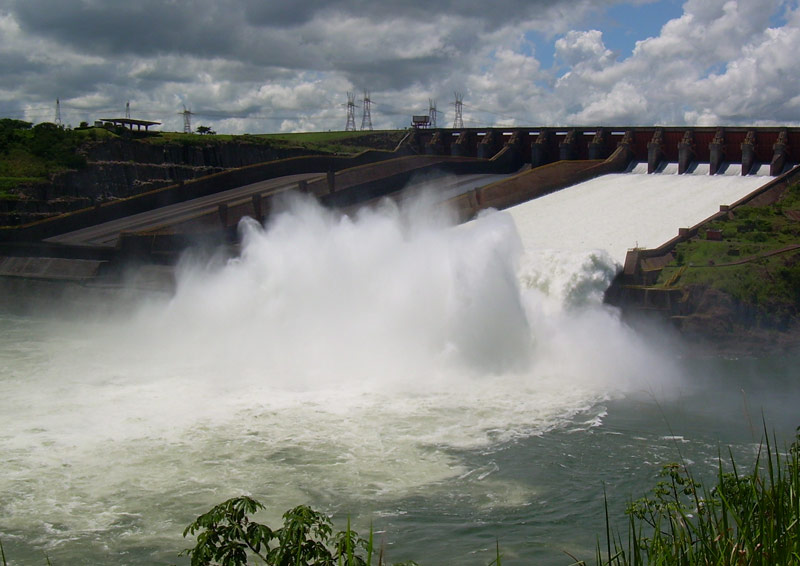Electrical power
Electrical power is defined as the rate at which electrical energy is transferred via an electrical circuit. It is therefore the rate of ‘doing work’.
The SI unit of electrical power is the watt, which equates to an energy transfer rate of 1 joule per second.
Electrical power, as applicable to buildings, is produced by generators. These may be either remote from the building, typically at power stations that serve complete energy networks, or dedicated to the building. These generators commonly convert one form of fuel such as oil, gas, coal, nuclear reaction and so on, into electrical energy.
Other forms of generation may be provided by renewable sources such as solar voltaic, wind, tides, or from electric storage batteries.
In relation to electricity in buildings, the term electrical power is usually associated with other words such as demand, rating or supply capacity. In this context it is concerned with how much power a building or a circuit may require, which in turn will relate to capacity of supply, size and rating of conductors, type and rating of protective equipment as well as functional switching capacity.
To ensure safety, all such equipment should be able to handle, control and dissipate electrical power safely, to avoid the risk of fire or electric shock.
--ECA
[edit] Related articles on Designing Buildings
- Articles about electricity.
- Conductor.
- Consumer electronics.
- Consumer units.
- ECA articles.
- ECA.
- Electric lock.
- Electric motor.
- Electrical appliance.
- Electrical component.
- Electrical consumption.
- Electrical energy.
- Electrical equipment.
- Electrical installation.
- Electrical safety.
- Electrician.
- Electricity bill.
- Electricity supply.
- Glossary of electrical terms.
- Plug load control.
- Power.
Featured articles and news
Call for greater recognition of professional standards
Chartered bodies representing more than 1.5 million individuals have written to the UK Government.
Cutting carbon, cost and risk in estate management
Lessons from Cardiff Met’s “Halve the Half” initiative.
Inspiring the next generation to fulfil an electrified future
Technical Manager at ECA on the importance of engagement between industry and education.
Repairing historic stone and slate roofs
The need for a code of practice and technical advice note.
Environmental compliance; a checklist for 2026
Legislative changes, policy shifts, phased rollouts, and compliance updates to be aware of.
UKCW London to tackle sector’s most pressing issues
AI and skills development, ecology and the environment, policy and planning and more.
Managing building safety risks
Across an existing residential portfolio; a client's perspective.
ECA support for Gate Safe’s Safe School Gates Campaign.
Core construction skills explained
Preparing for a career in construction.
Retrofitting for resilience with the Leicester Resilience Hub
Community-serving facilities, enhanced as support and essential services for climate-related disruptions.
Some of the articles relating to water, here to browse. Any missing?
Recognisable Gothic characters, designed to dramatically spout water away from buildings.
A case study and a warning to would-be developers
Creating four dwellings... after half a century of doing this job, why, oh why, is it so difficult?
Reform of the fire engineering profession
Fire Engineers Advisory Panel: Authoritative Statement, reactions and next steps.
Restoration and renewal of the Palace of Westminster
A complex project of cultural significance from full decant to EMI, opportunities and a potential a way forward.
Apprenticeships and the responsibility we share
Perspectives from the CIOB President as National Apprentice Week comes to a close.























